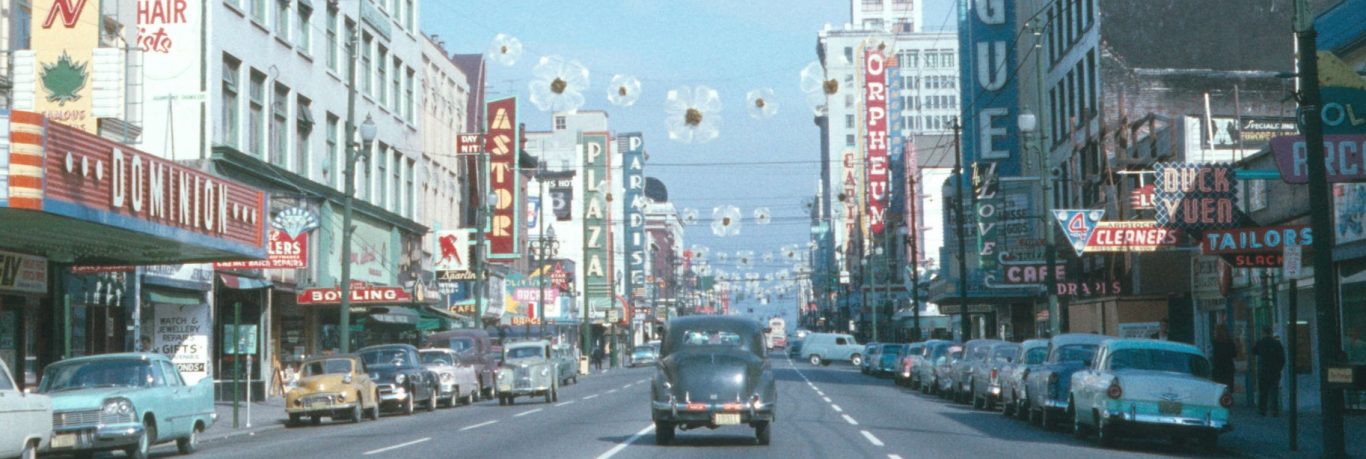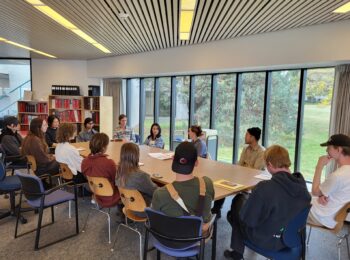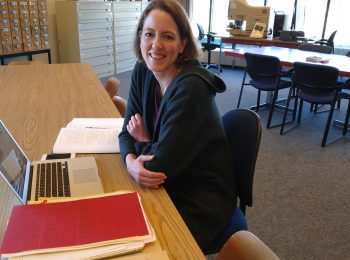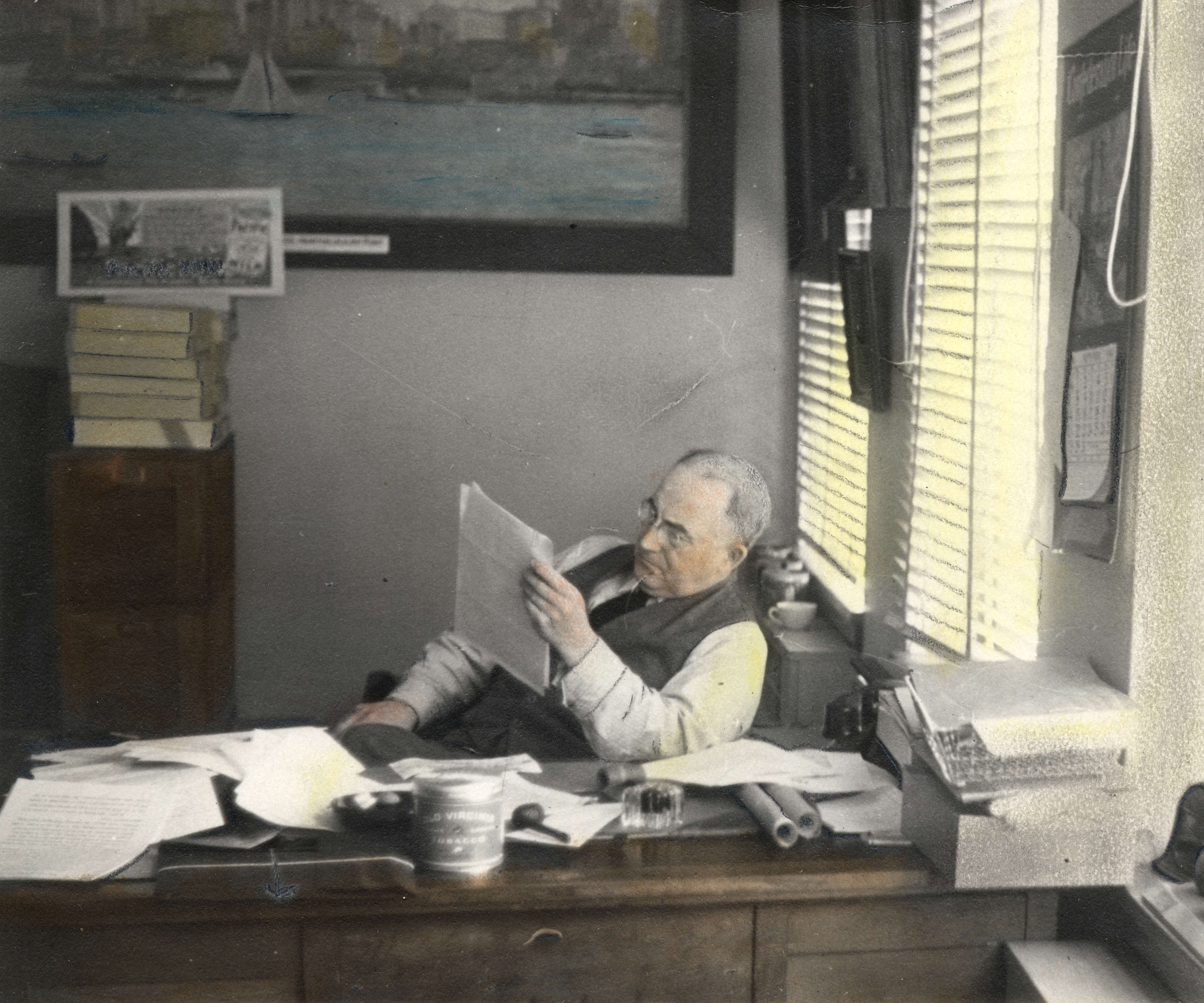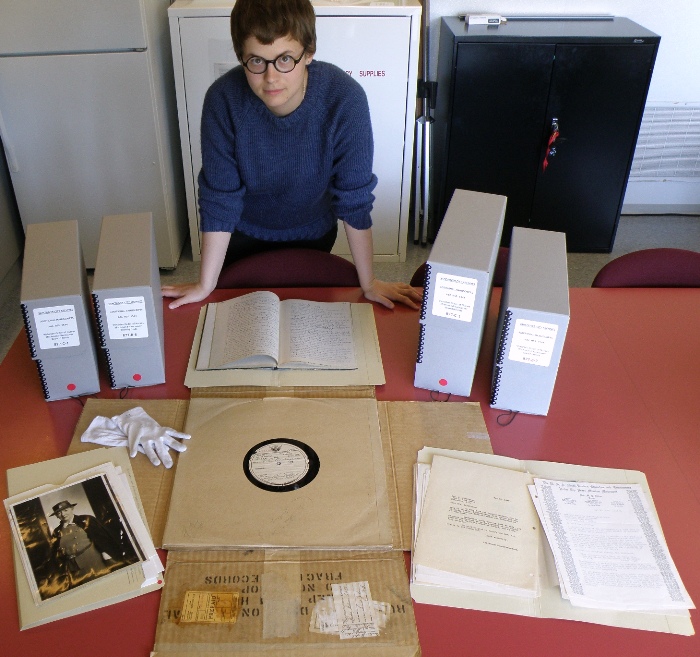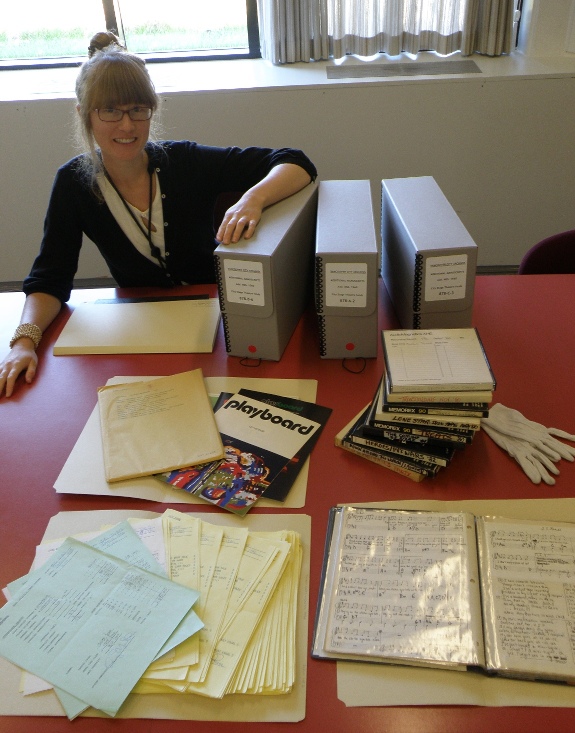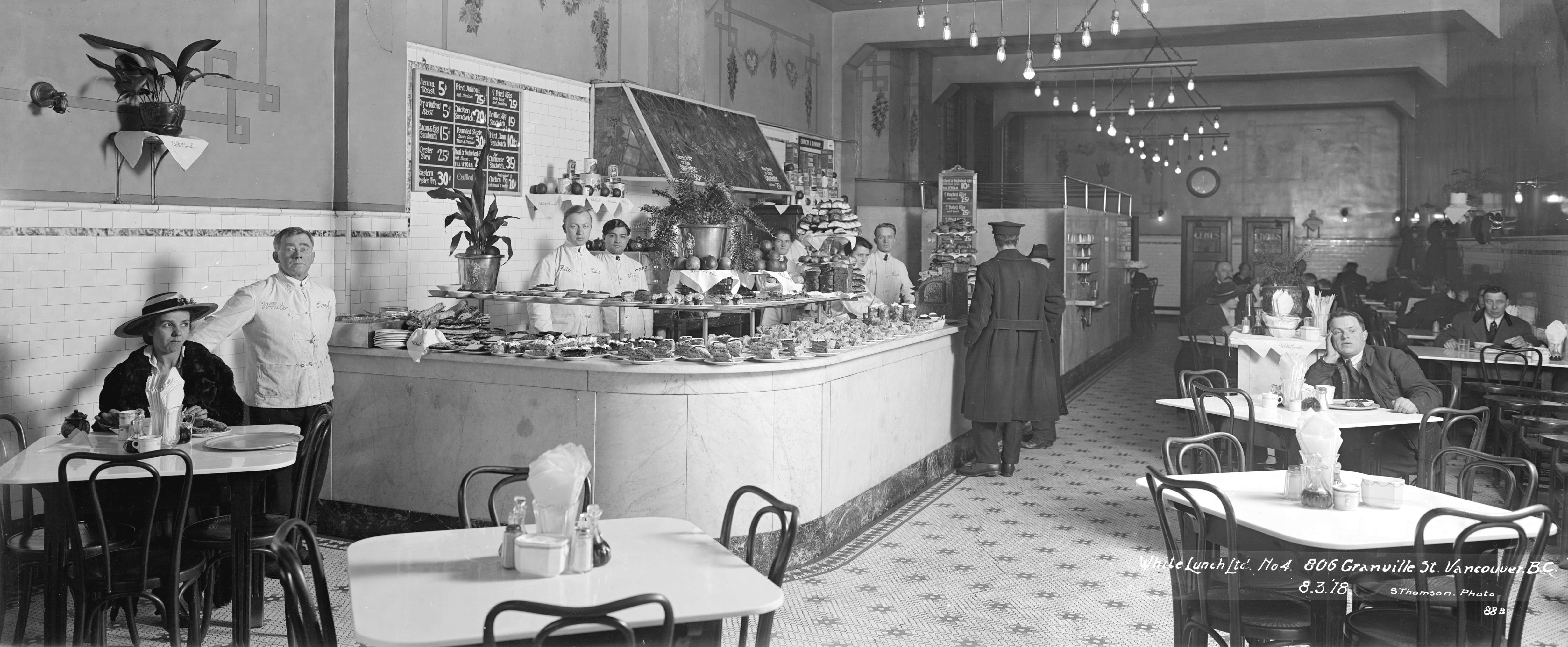To this budding archivist, there is perhaps no better sight than pristine Hollinger boxes filled with records rehoused for permanent preservation—records said archivist appraised, selected, arranged, and described. It is comforting to know that future researchers will benefit from my endeavours, and humbling (read: scary) to think that I helped preserve one small part of our heritage.
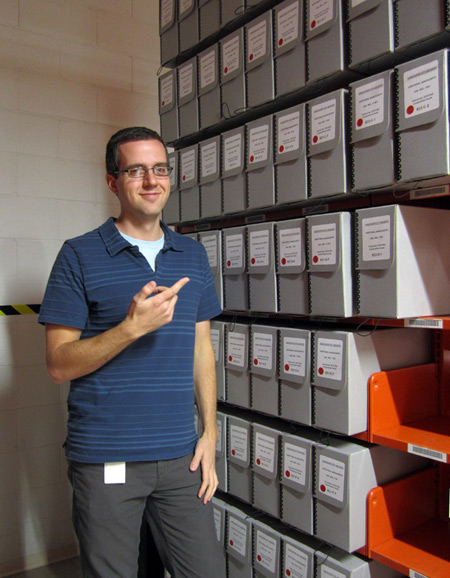
Of course, “small” is relative. As a summer intern at the City of Vancouver Archives, I processed records of the Vancouver 2010 Bid Corporation—an accession totalling 70 boxes! The Bid Corporation (BidCorp), a non-profit corporation created in the late 1990s, had a mission to secure Vancouver as the site of the 2010 Winter Olympic Games.
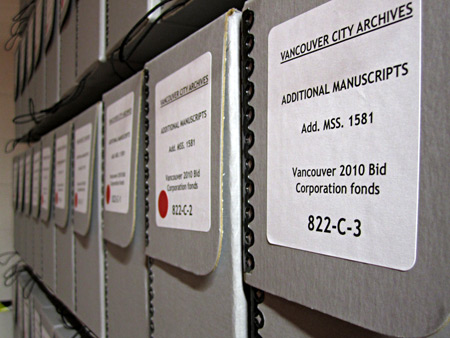
In 2003, after the International Olympic Committee selected Vancouver to host the 2010 Games, BidCorp wound up its affairs and was replaced by the Vancouver Organizing Committee for the 2010 Olympic and Paralympic Games (VANOC), a not-for-profit corporation responsible for the planning, organizing, financing, and staging of the Games.
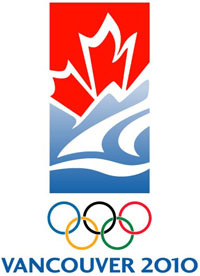
In addition to textual records, the BidCorp boxes contained all varieties of memorabilia from BidCorp’s promotional efforts, including t-shirts, frisbees, stickers, and even temporary tattoos! These items are not exactly “records” in the traditional sense, but we kept a small representative sample. Those artifacts we did not keep were transferred to the Museum of Vancouver.
I must, of course, take this moment to thank Courtney Mumma. When I stumbled into any number of archival quandaries, Courtney, with dexterity and good humour, helped me navigate through them, allowing me to learn the art of appraisal, arrangement, and description.
As I worked my way through the boxes, I uncovered many records stored on CDs and other media. These items, along with some unrestricted electronic records created by VANOC, are scheduled to be available online sometime in 2012, and will form the initial part of the Archives’ new digital repository. Archivists of the twenty-first century must be comfortable with both analogue and digital records, a task which is not always straightforward. Indeed, it has been fascinating to watch this medium-sized institution create such innovative solutions to the challenges posed by digital records preservation. Thanks to the hard work of the digital archives team, the Archives is building the capacity to accept born-digital records, and to preserve Vancouver’s documentary heritage no matter what the form.
Although the BidCorp project took considerable time, my summer training at the Archives proved truly holistic.
I spent an enjoyable week in the Reading Room with the indefatigable Megan Schlase. Megan, whose encyclopaedic knowledge about Vancouver history is nothing short of astounding, introduced me to the world of archival reference. Although time didn’t allow me to answer too many reference requests, locating hard-to-find historical information for researchers—information that you were not sure existed before you found it—was probably as rewarding for me as it was for them. The level of history and culture packed into this institution never ceases to amaze.
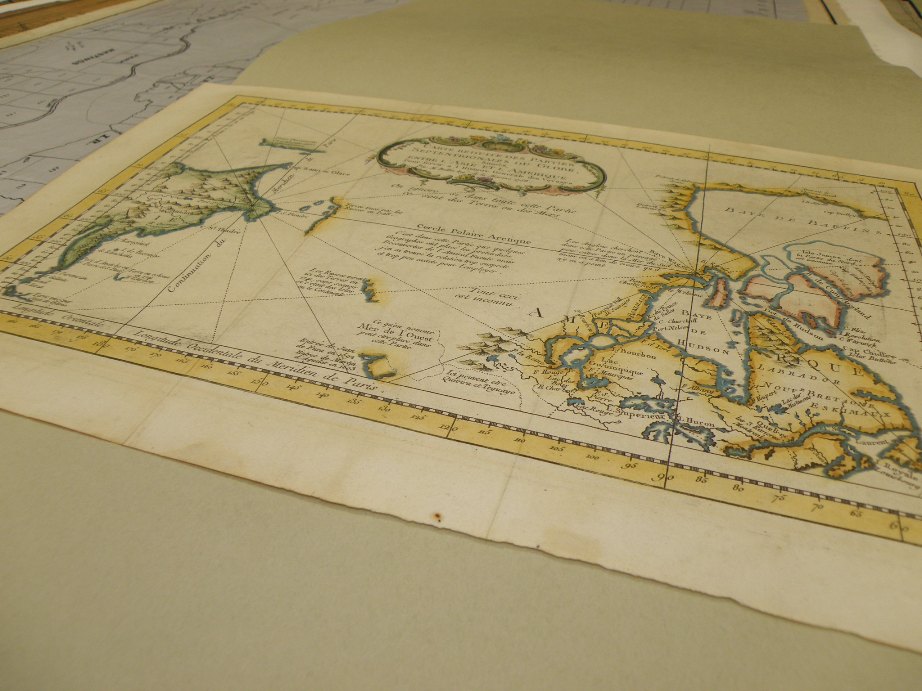
Decamping for a week to the conservation lab, I worked under the tutelage of Rosaleen Hill. Rosaleen, it must be said, knows her craft so well that she recites molecular formulae as effortlessly as mere mortals recite the alphabet. Working with Rosaleen, I got my hands dirty—literally—undertaking a number of conservation projects. I cleaned and flattened architectural plans and other items in the newly completed humidity chamber (pictured below).
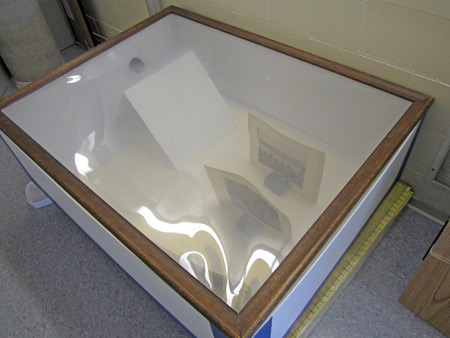
I helped strip the backing and adhesive from albumen prints, then flattened and remounted them on preservation-grade paper in preparation for digitization.
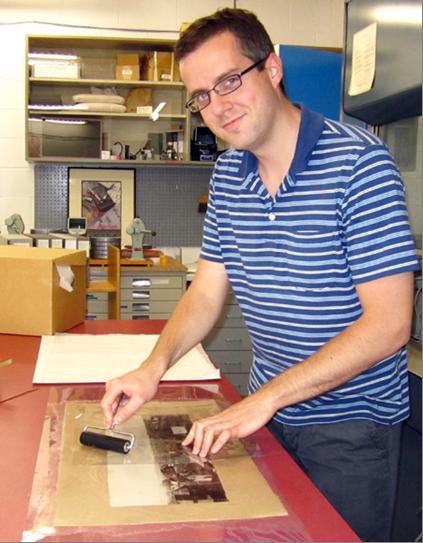
I learned the basics of handling and preserving motion picture film, working with both 16mm and 8mm formats. Finally, I assisted in attempting to strip the emulsion layer from cellulose acetate negatives that exhibited advanced vinegar syndrome. This involved placing the negatives in a successive series of solvent baths, including some composed of rather unfriendly ingredients. I say “attempting” because as I write this, we anxiously await the results of our efforts!
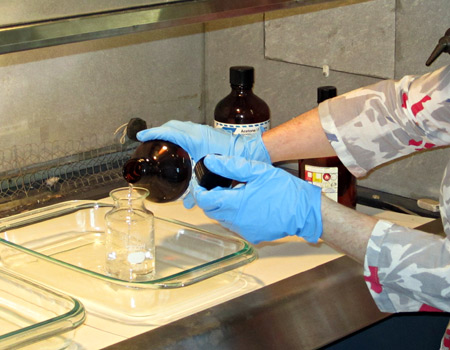
As a candidate for the Master of Archival Studies programme degree at UBC’s School of Archival, Library and Information Studies, I had the pleasure to work with helpful and knowledgeable professionals all summer long, professionals who continue to expand the possibilities of archives and what they can be. In short, the staff of the City of Vancouver Archives gave me the encouragement and support to live The Archival Life. (Note: The Archival Life is similar to Ricky Martin’s La Vida Loca, but with considerably worse dancing!)
Thank you!
